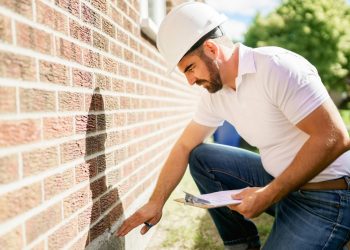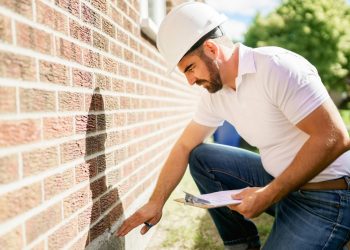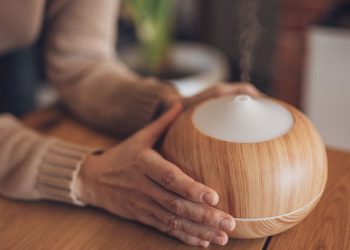If a storm dumps heavy rain on your area or causes a nearby body of water to overflow its banks, your house, your property and your family can be in jeopardy. Knowing what to do and acting quickly can help you and your loved ones stay safe.
Evacuate If You Can
If water begins to enter your house, move your family to higher ground if possible. If roads are flooded or blocked by downed trees and power lines, you might be unable to leave. In that case, move to a higher floor in your house. Identify a way to exit the house from there. You might have to move to the roof so emergency personnel can rescue you.
Protect Valuables
If water enters your house gradually, you might have enough time to secure valuables, such as electronic devices and important documents. Put them in places where water will be unlikely to reach them, such as on high shelves.
If you can do so safely, turn off the electricity at its source and unplug anything that’s plugged into an outlet. If you would have to stand in water to turn off the electricity, don’t do it. You can get electrocuted.
Document the Damage
After the storm has passed and local authorities have given you the go-ahead to return to your house, you’ll have to assess the damage. If you have flood insurance, you’ll need to take photos and/or videos to submit along with your claim. Don’t clean up the house or throw away personal belongings until you have documented the damage.
Use caution when returning to your home. It will likely be contaminated with mold, and possibly also sewage. Put on protective gear, such as boots, gloves and a mask, before you enter the house.
Throw Away Unsafe Food
The food in your refrigerator, freezer and cabinets might be unsafe to eat. Floodwater can contaminate food, and a power outage can cause perishable food to spoil. If any food has come into contact with floodwater, was not refrigerated or frozen to an appropriate temperature or has an unusual color or odor, throw it out. If you aren’t sure if something is safe to eat, err on the side of caution and get rid of it.
Find Out If the Water is Safe
Severe storms and flooding can contaminate local water supplies. Don’t drink tap water unless local officials say it’s safe. If you get water from a well, have it tested to find out if it’s contaminated.
Address Moisture and Mold
Open windows and use a sump pump to begin to dry out your home’s interior. You’ll likely have to hire a contractor to deal with mold and make the house safe for your family to inhabit.
Beware of Scams
Unscrupulous people sometimes prey on homeowners whose houses were damaged by storms. Before you hire a contractor to remove mold or make repairs, check the company’s background and contact references.











